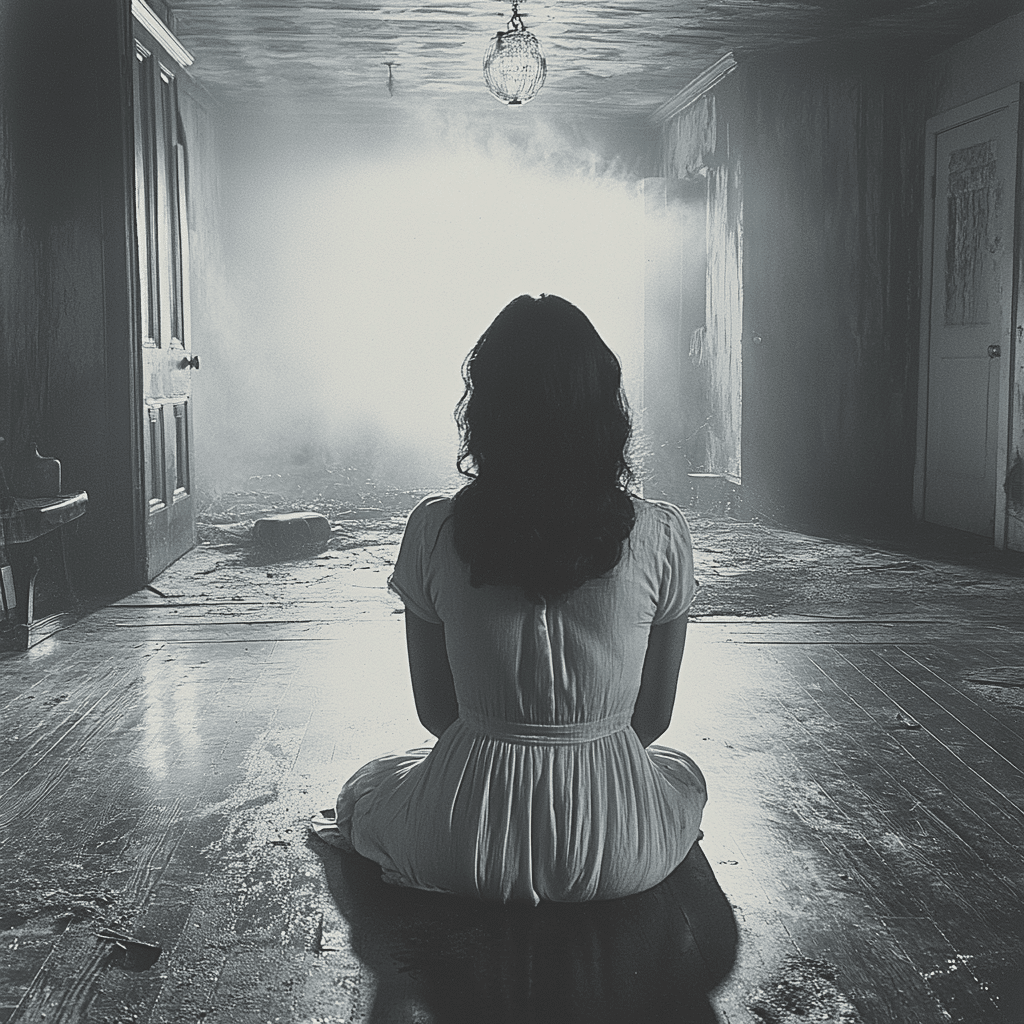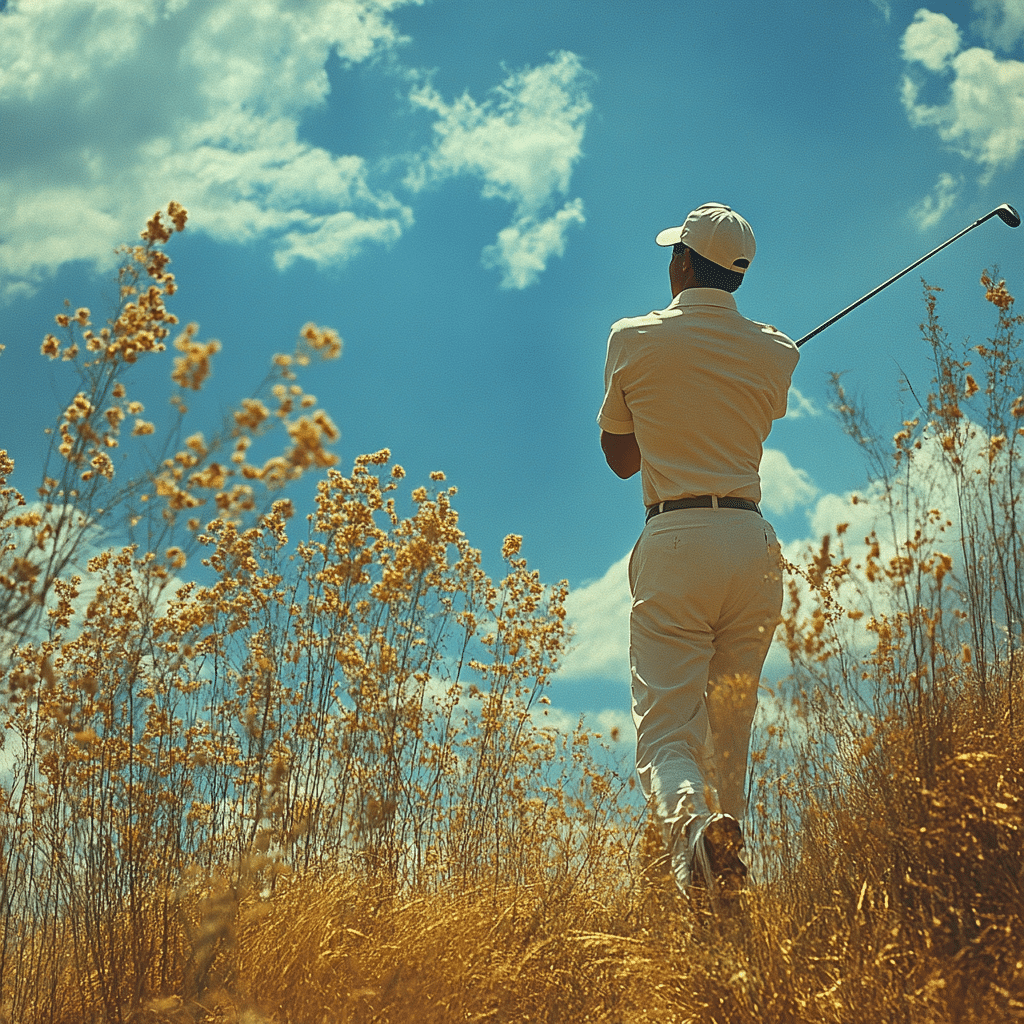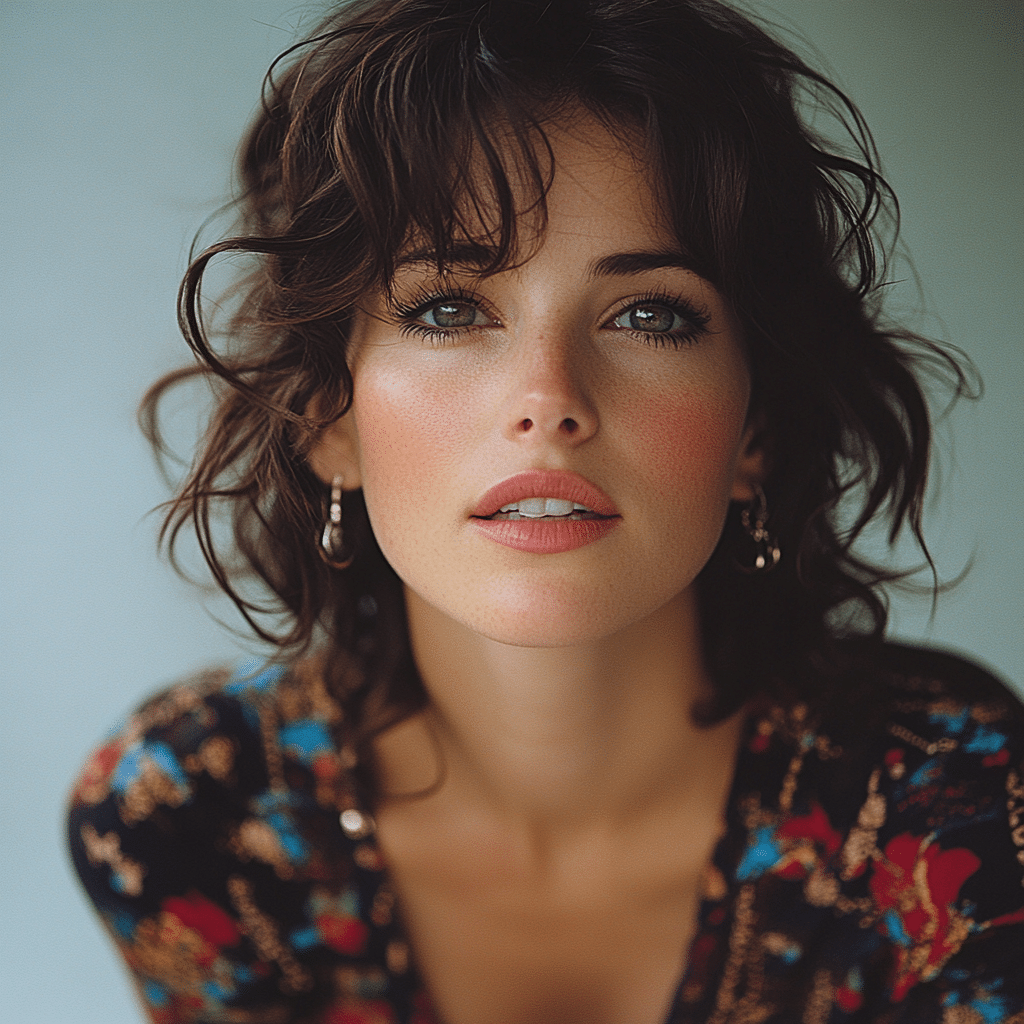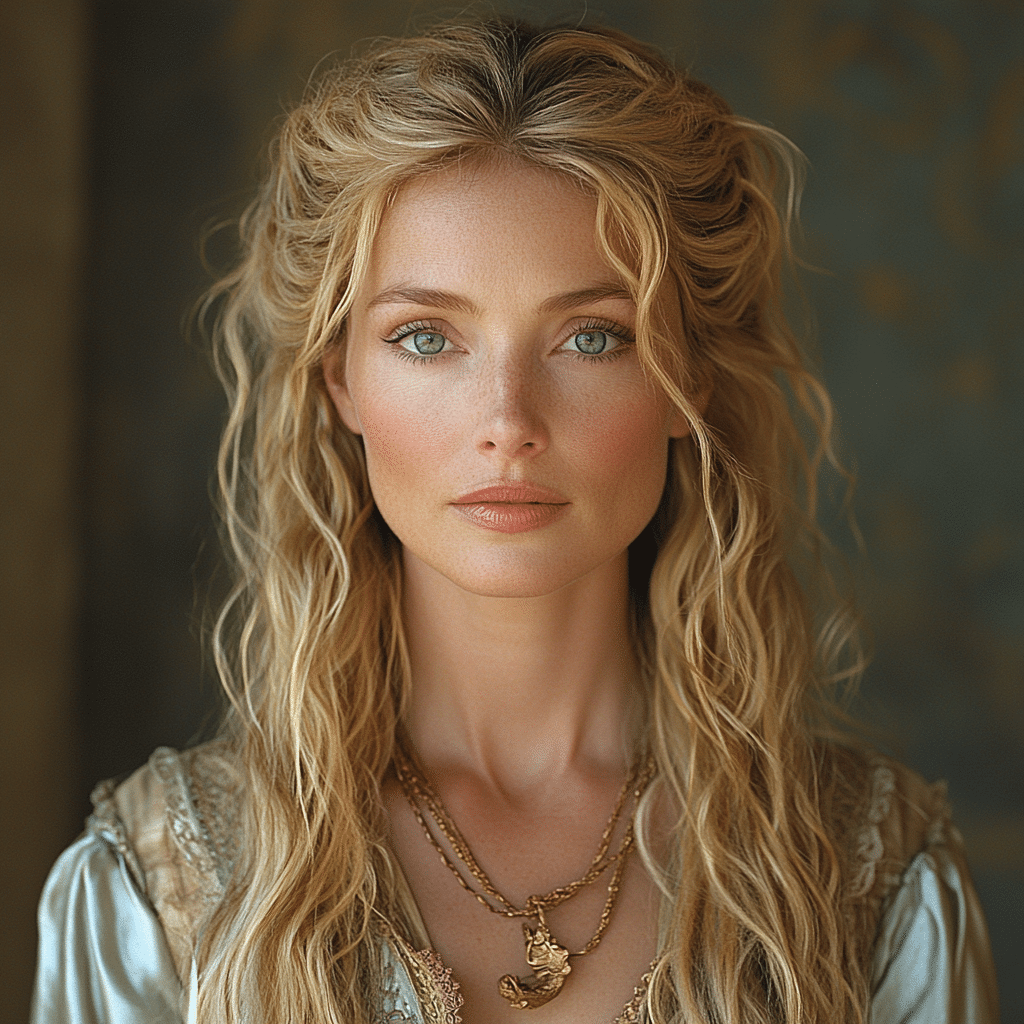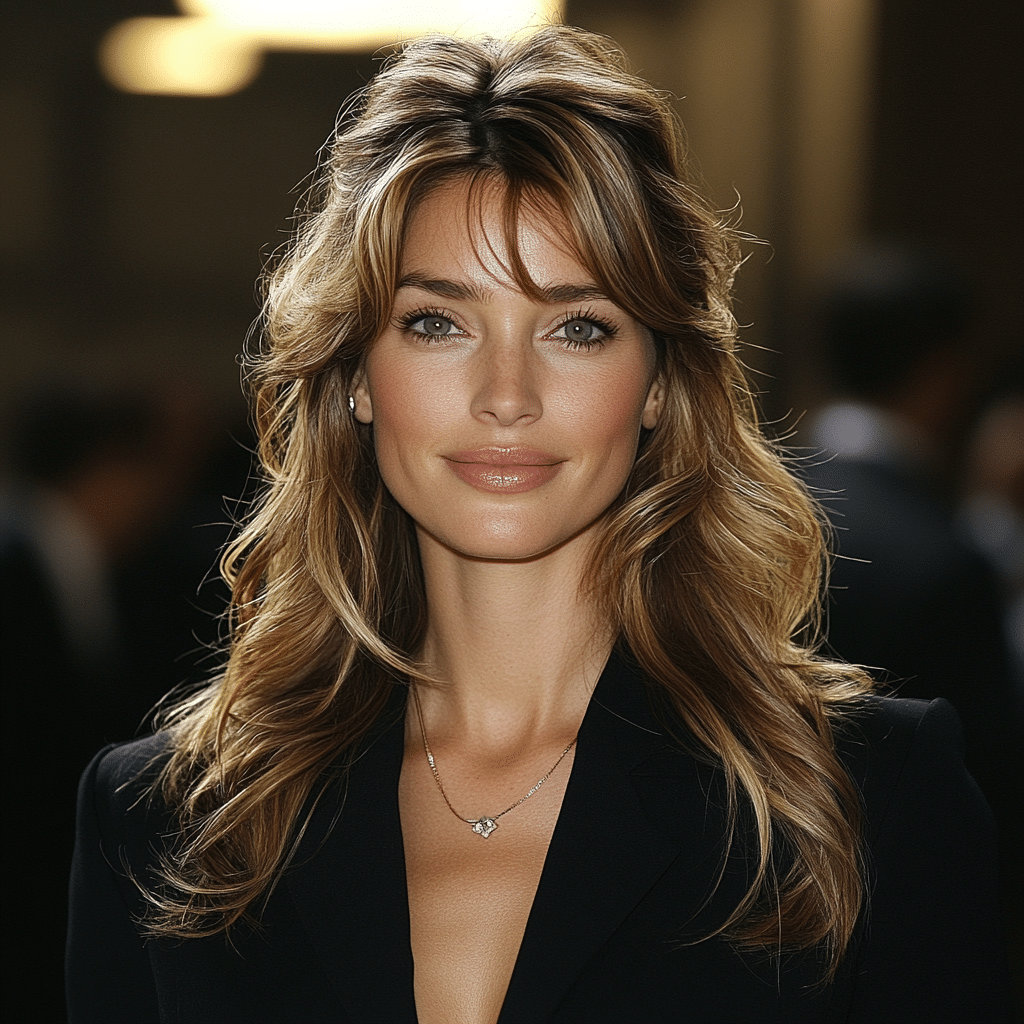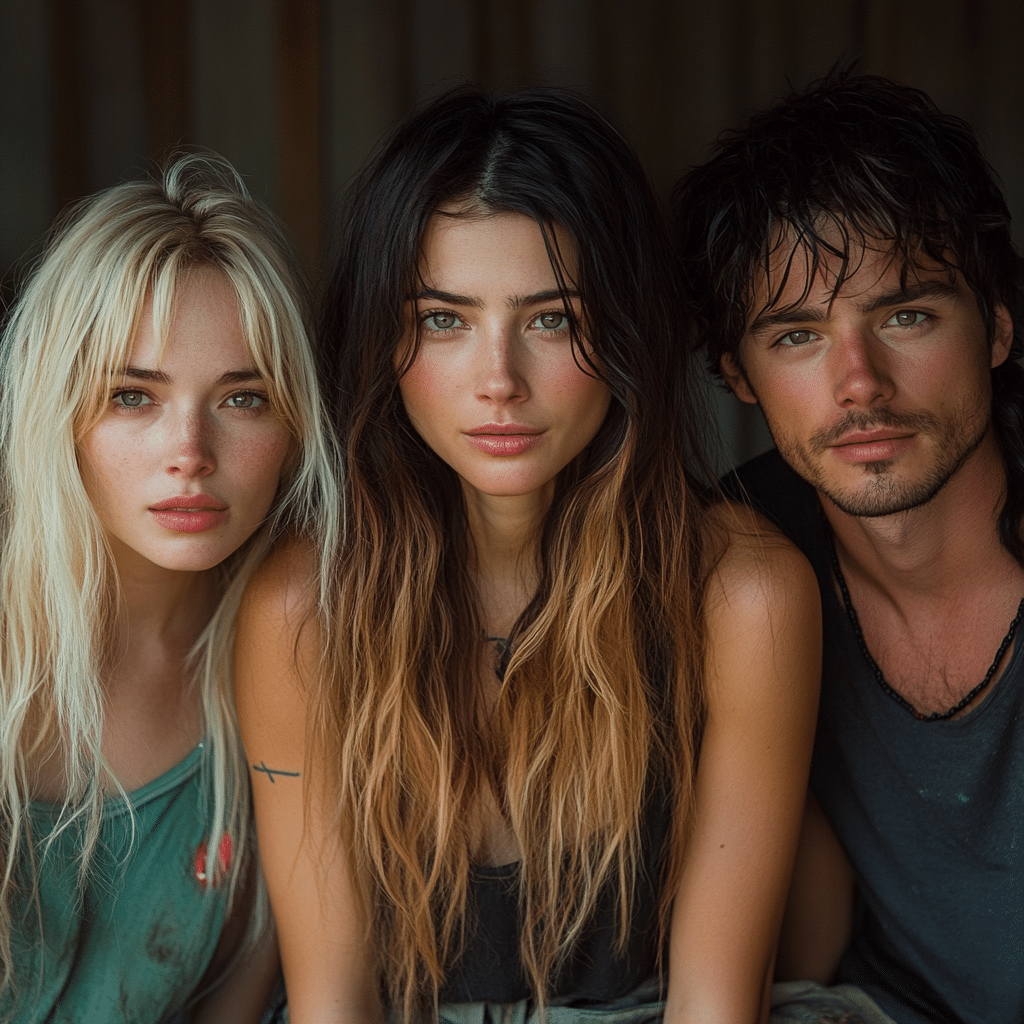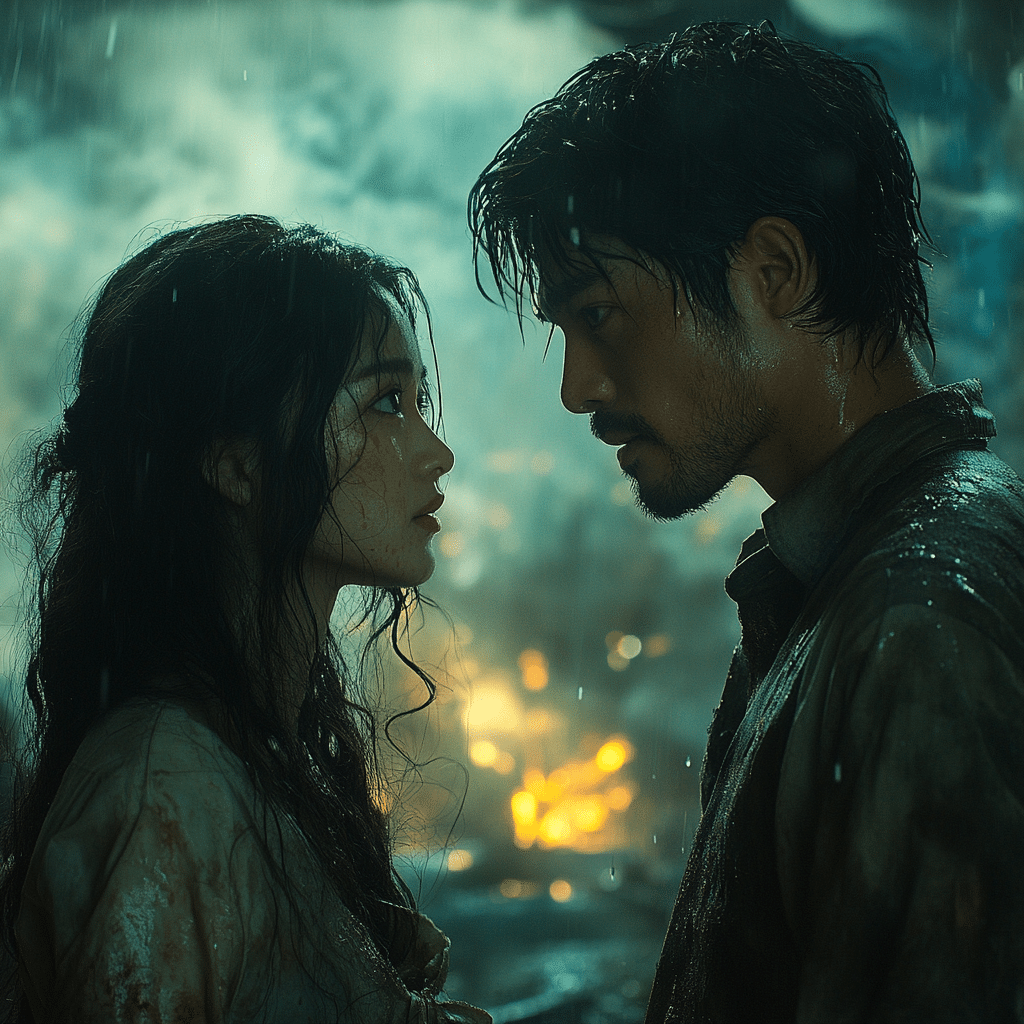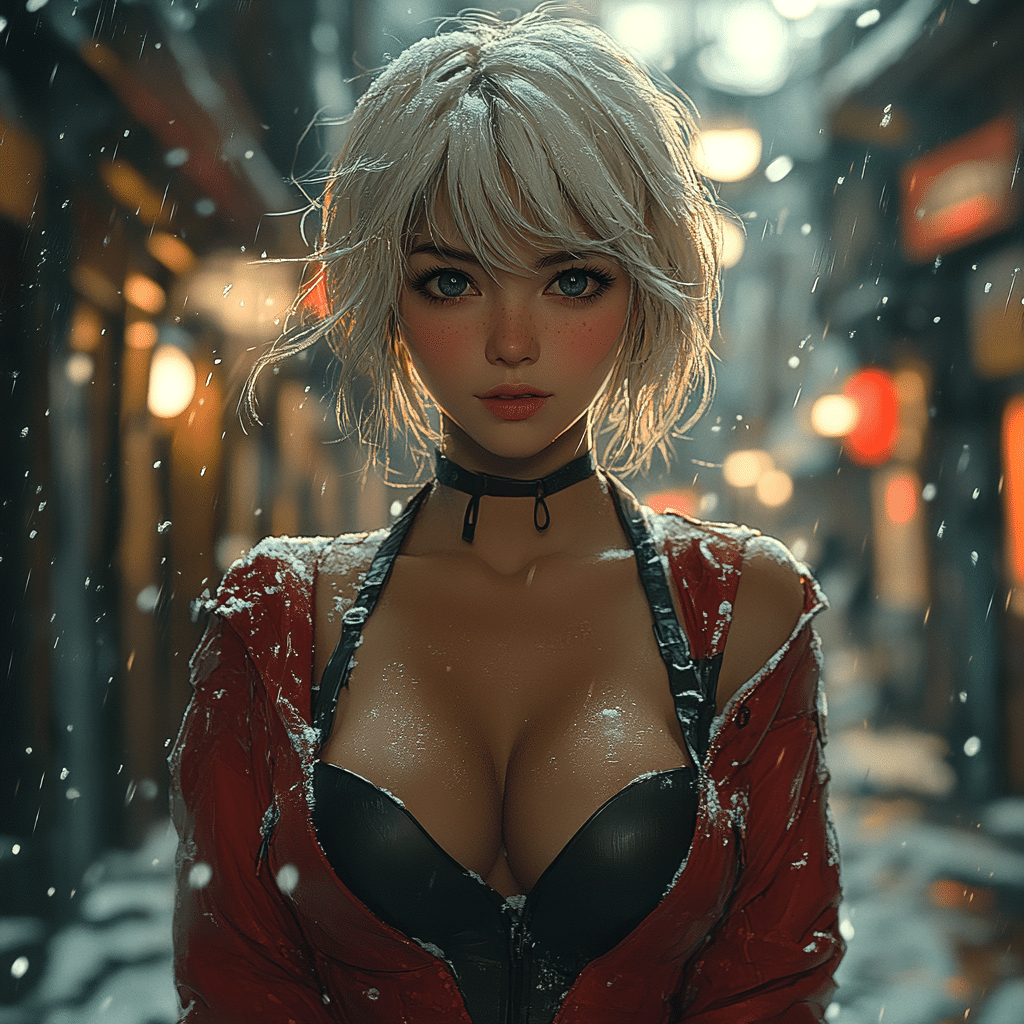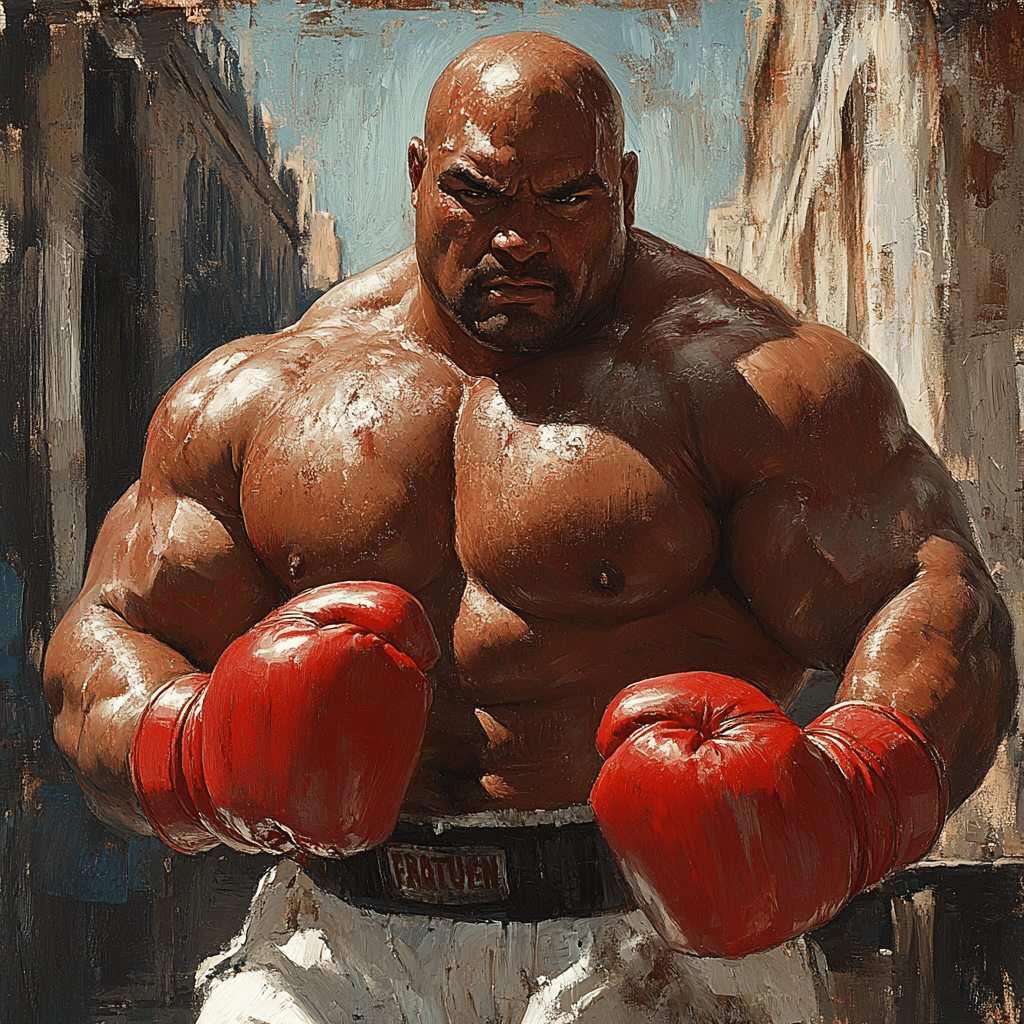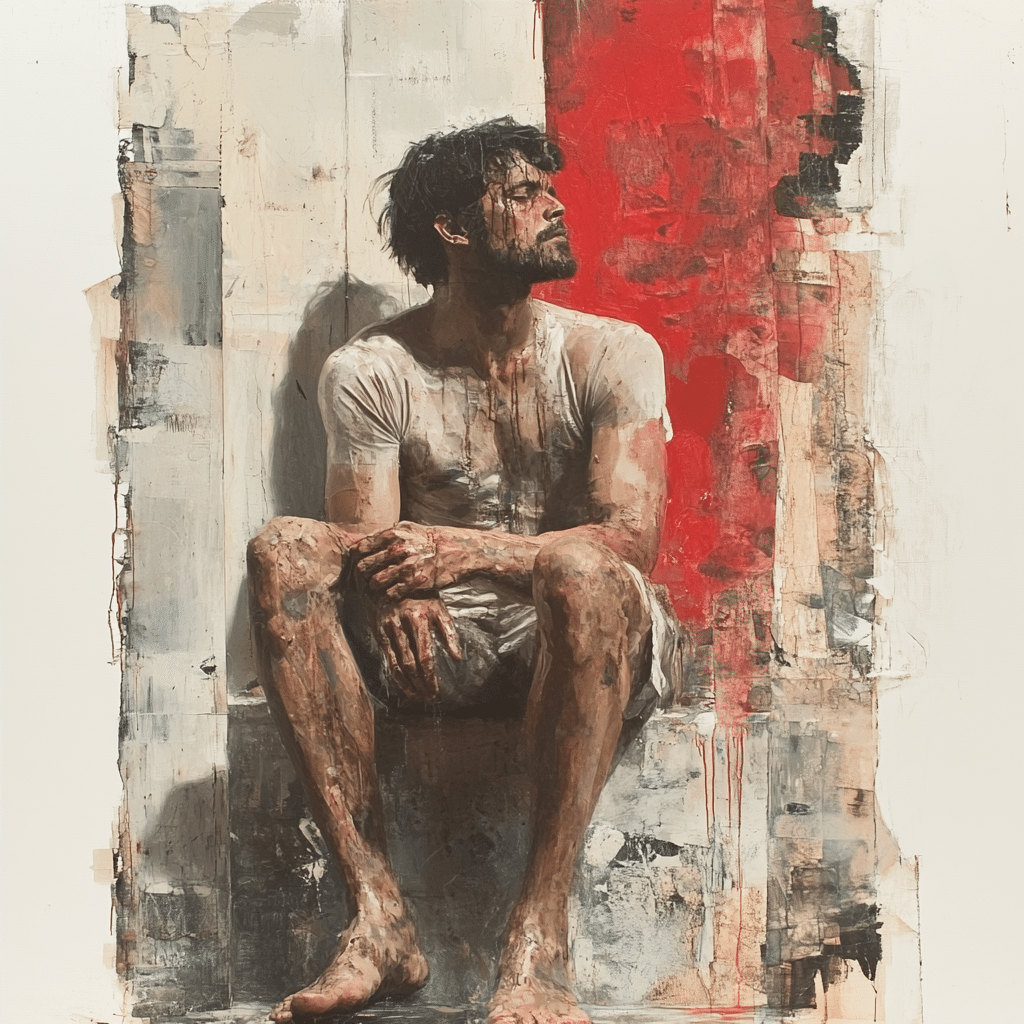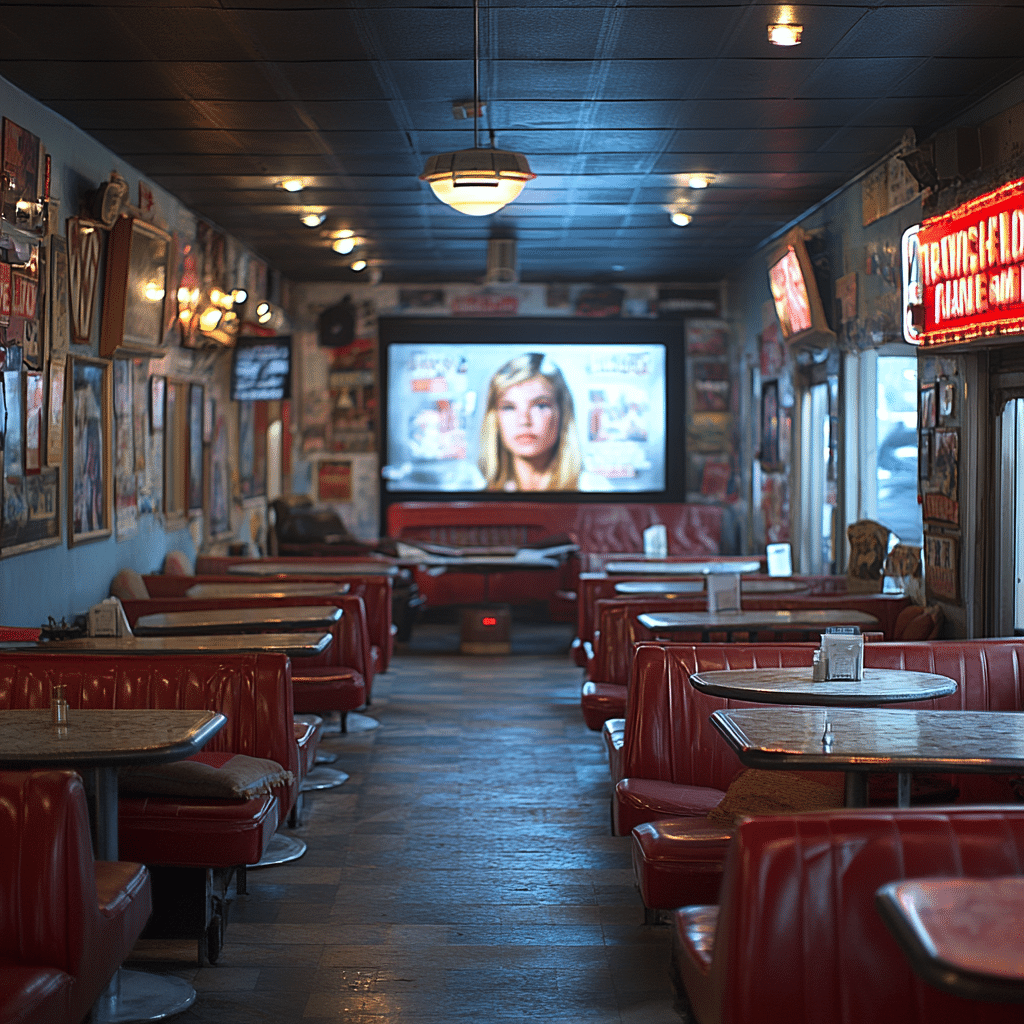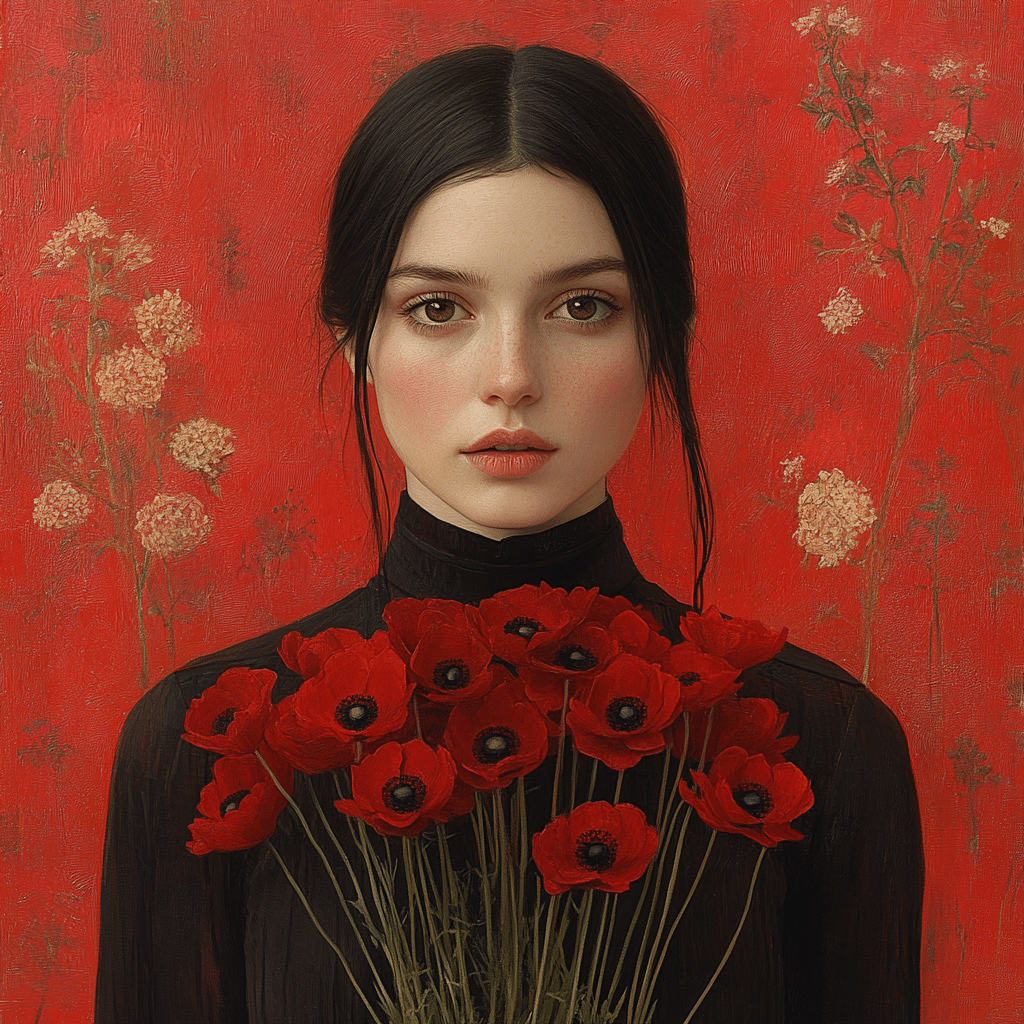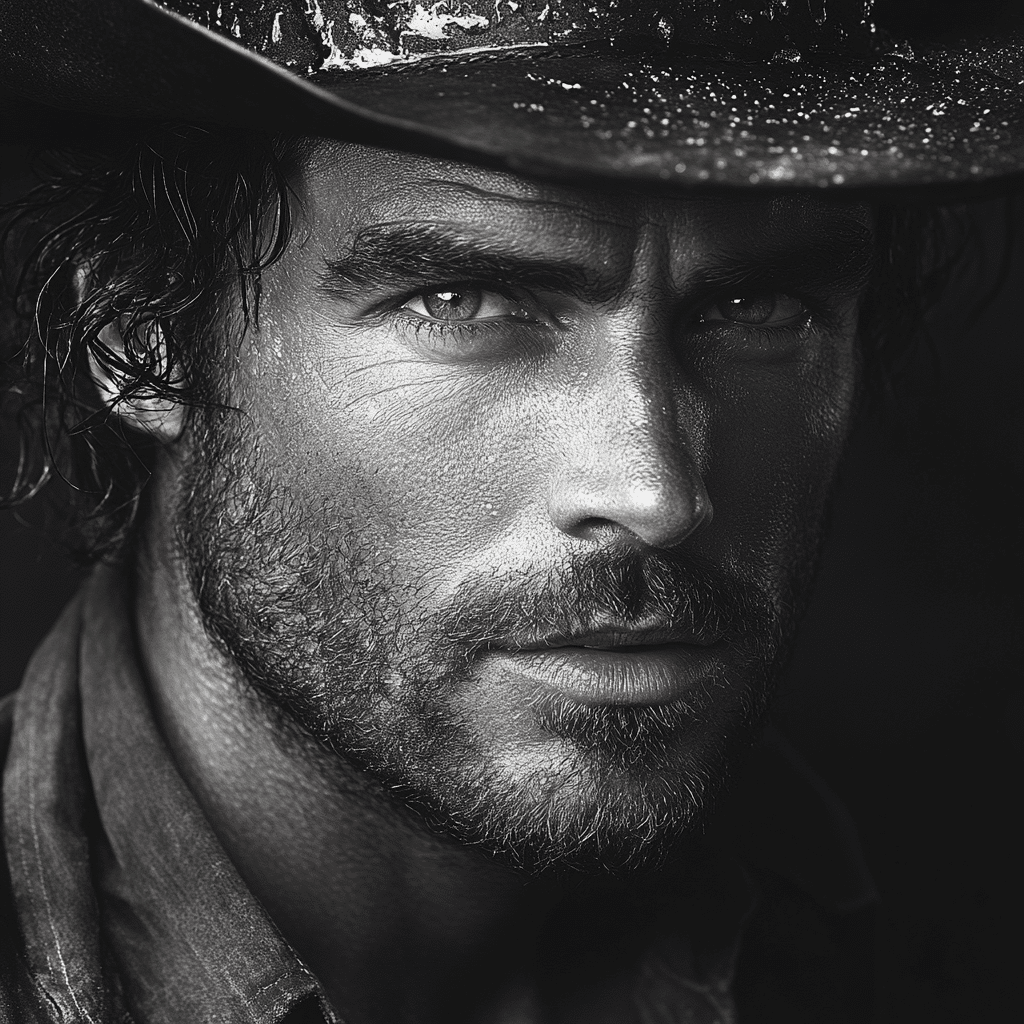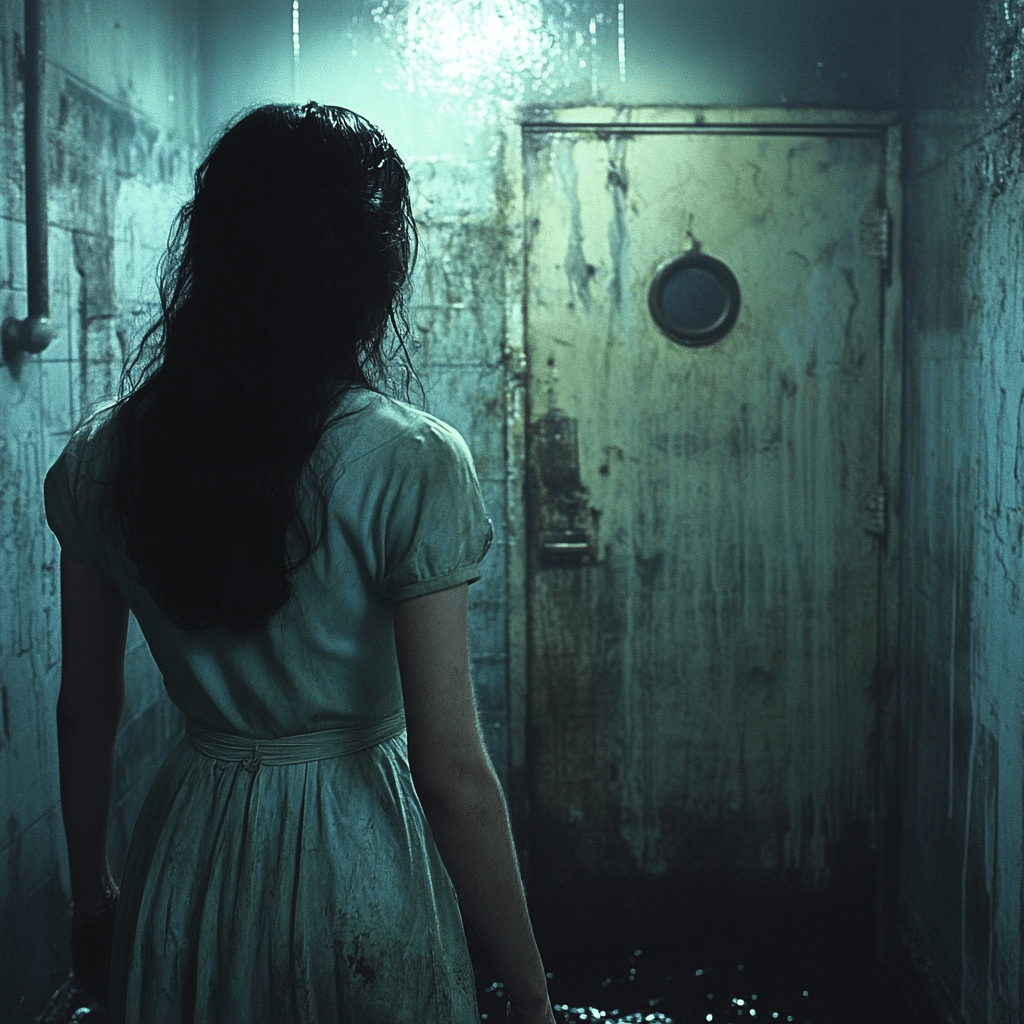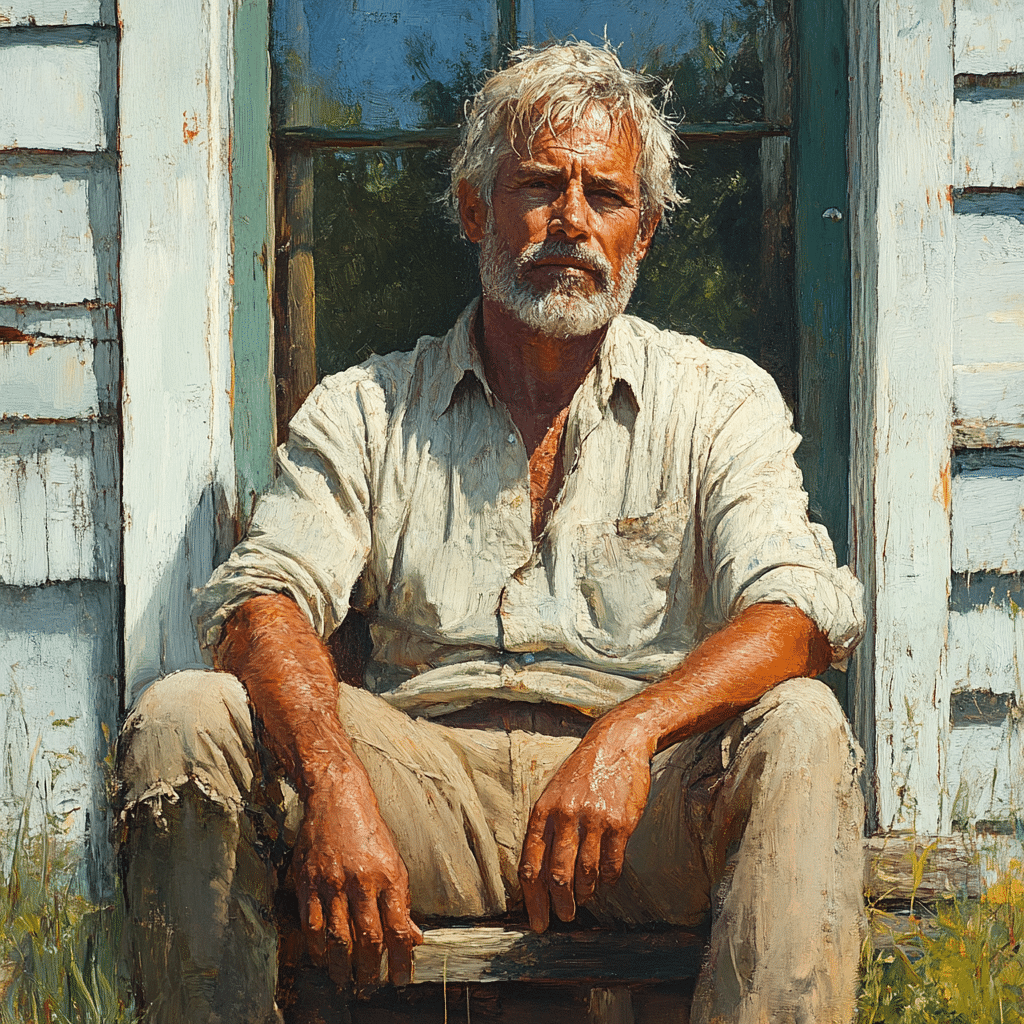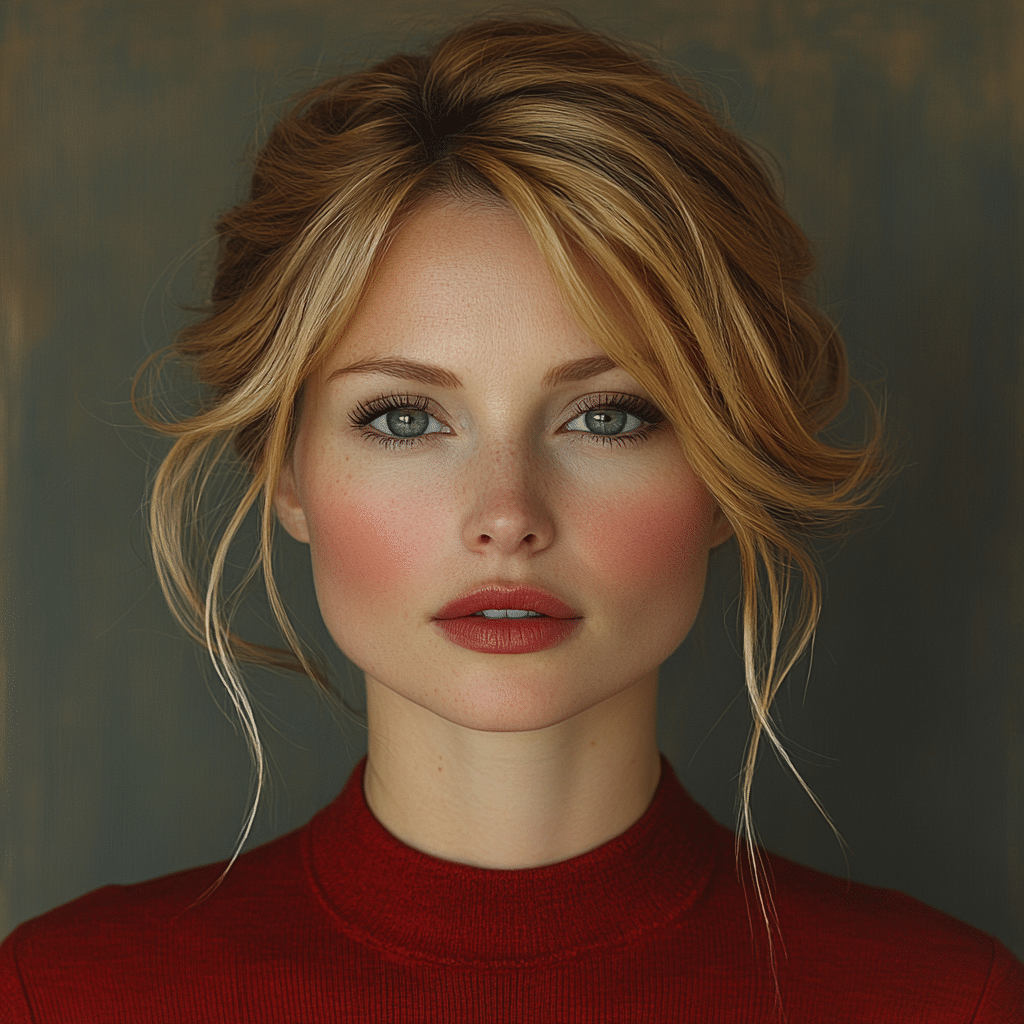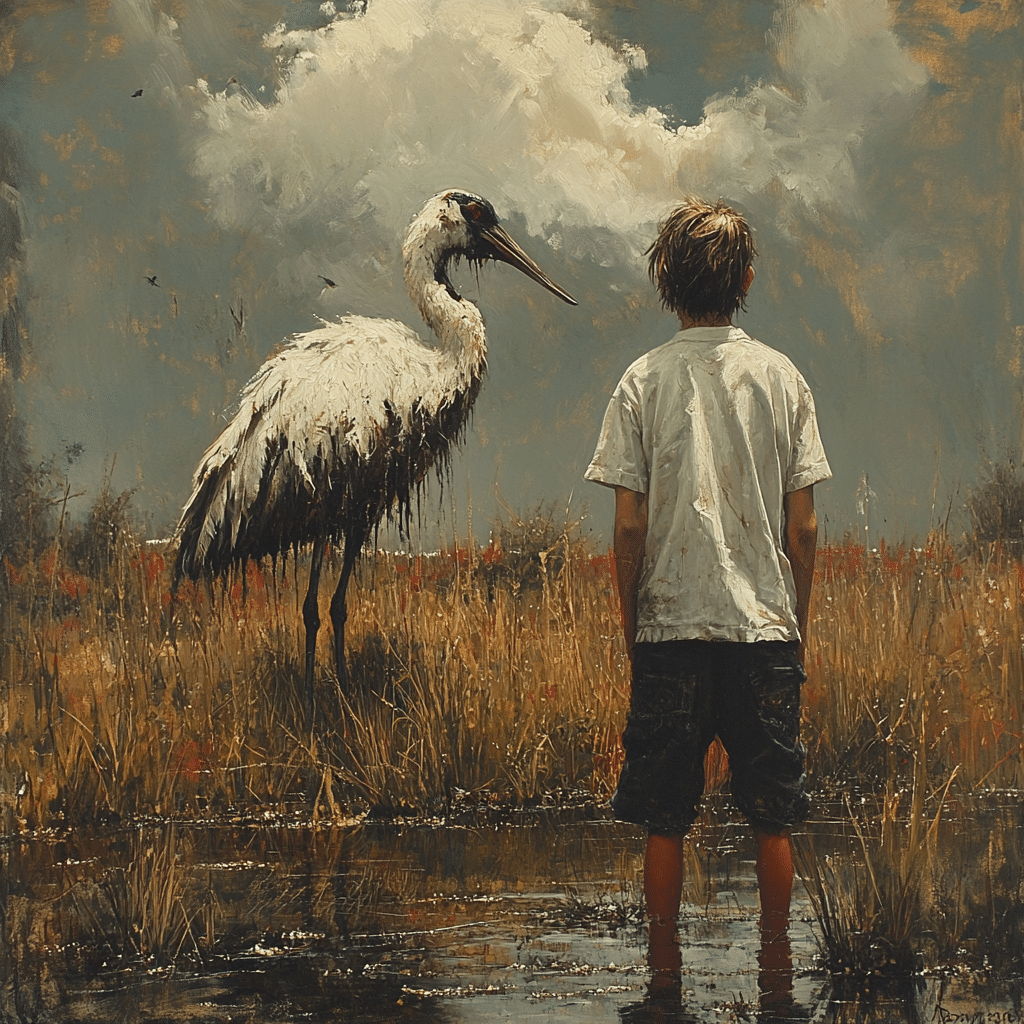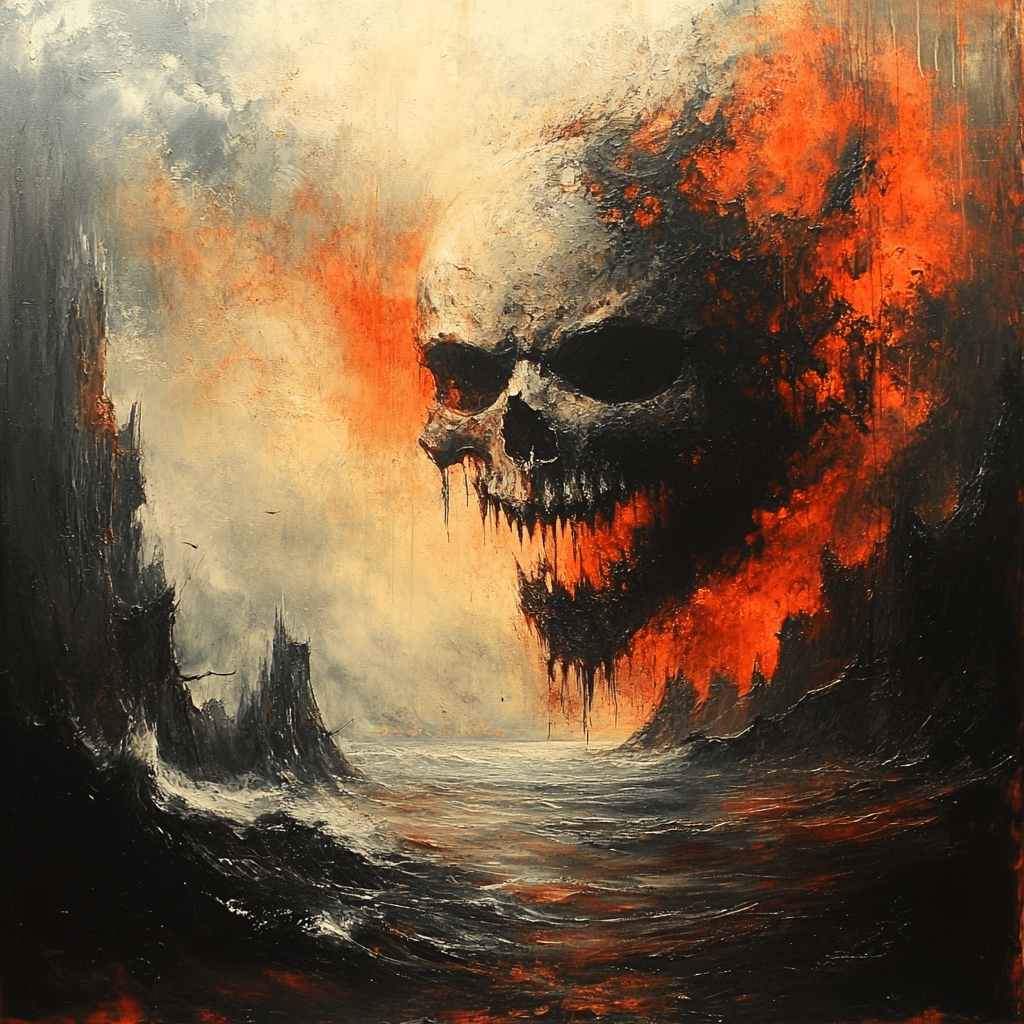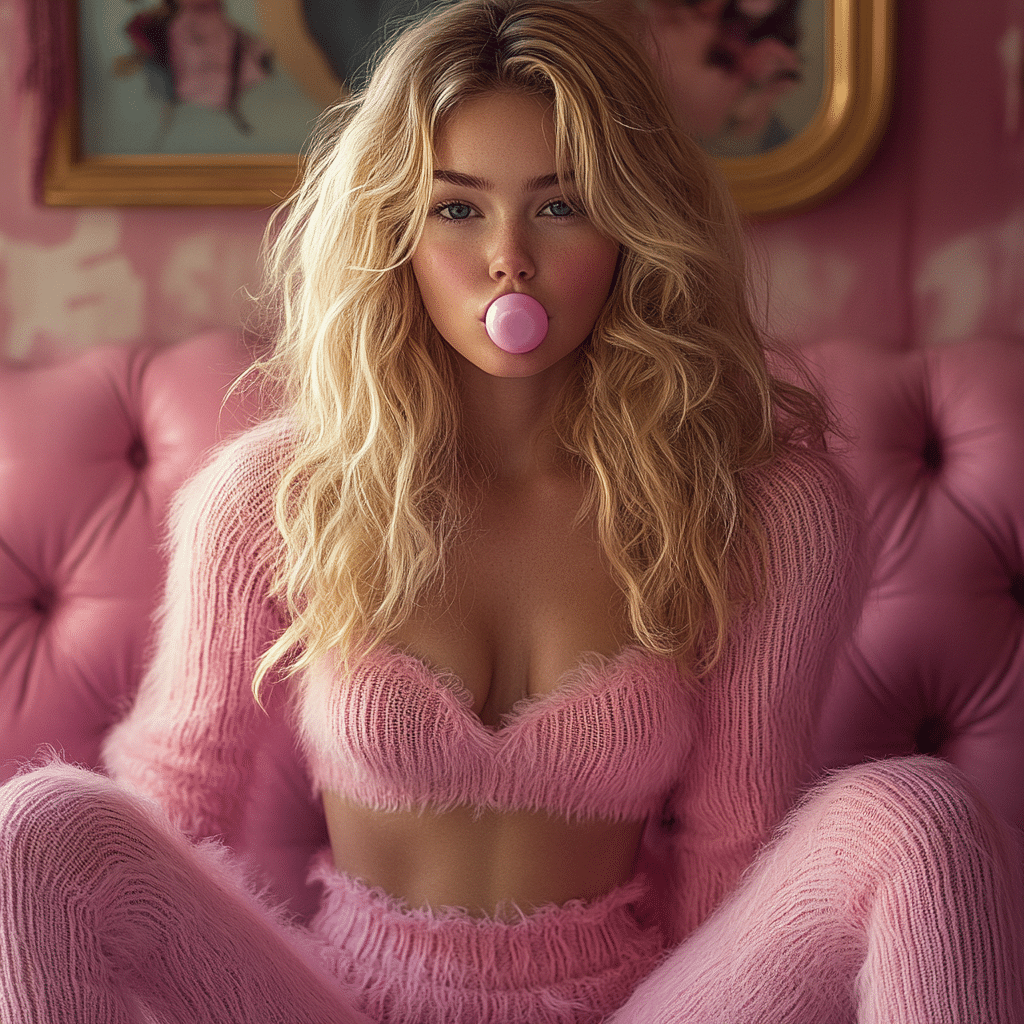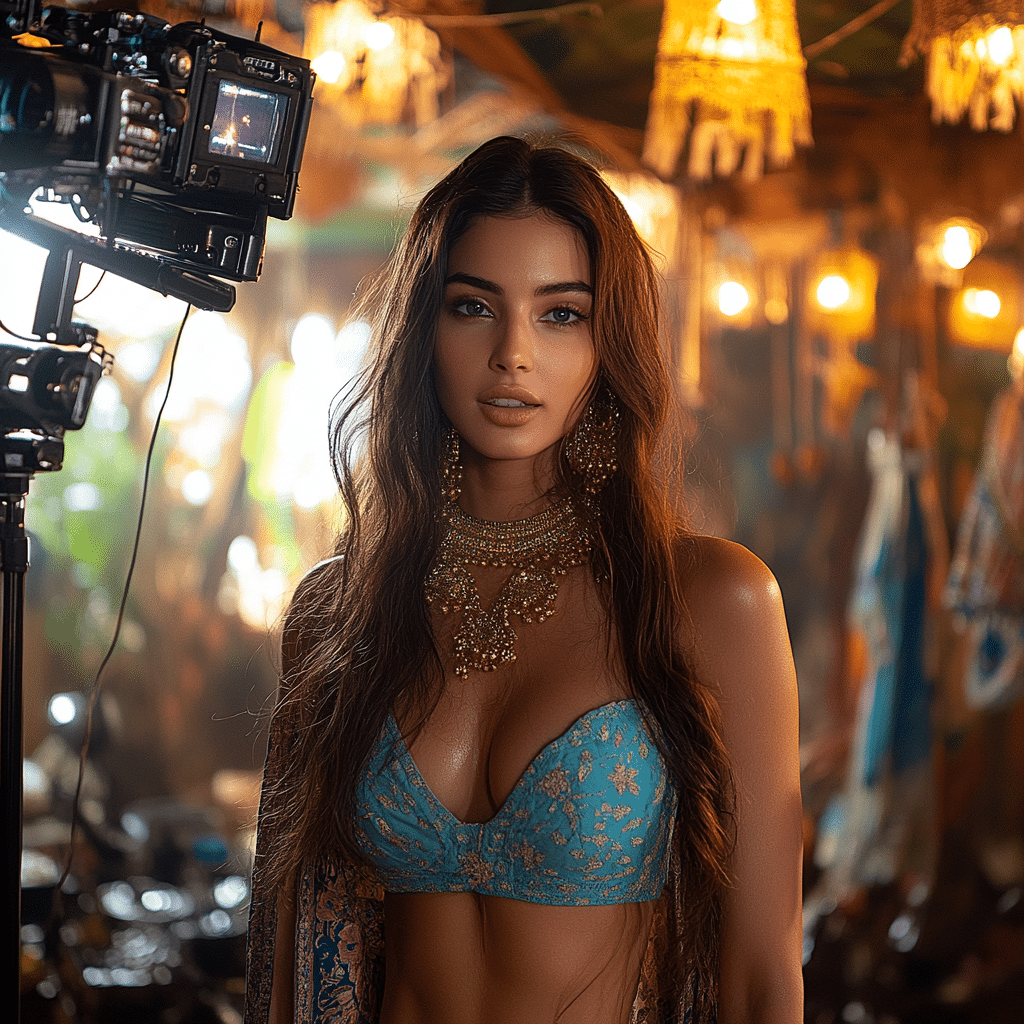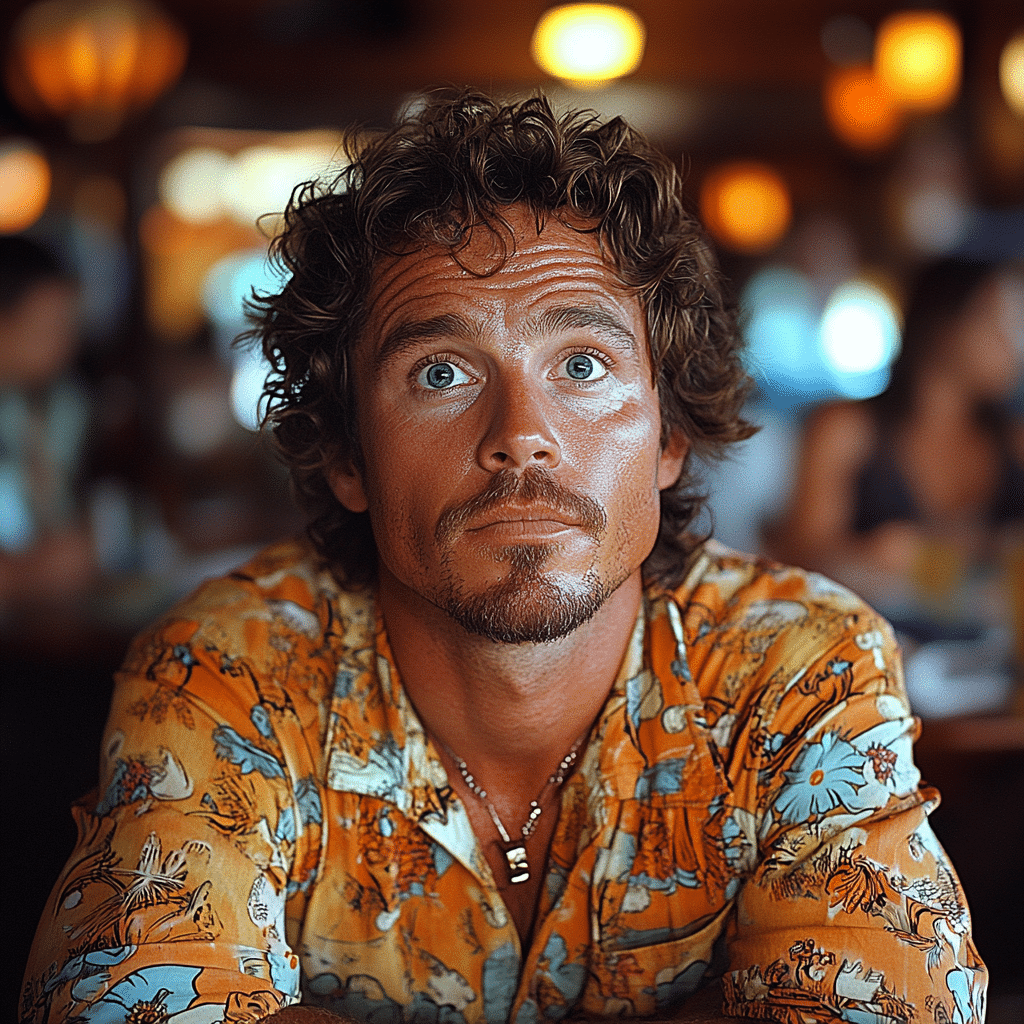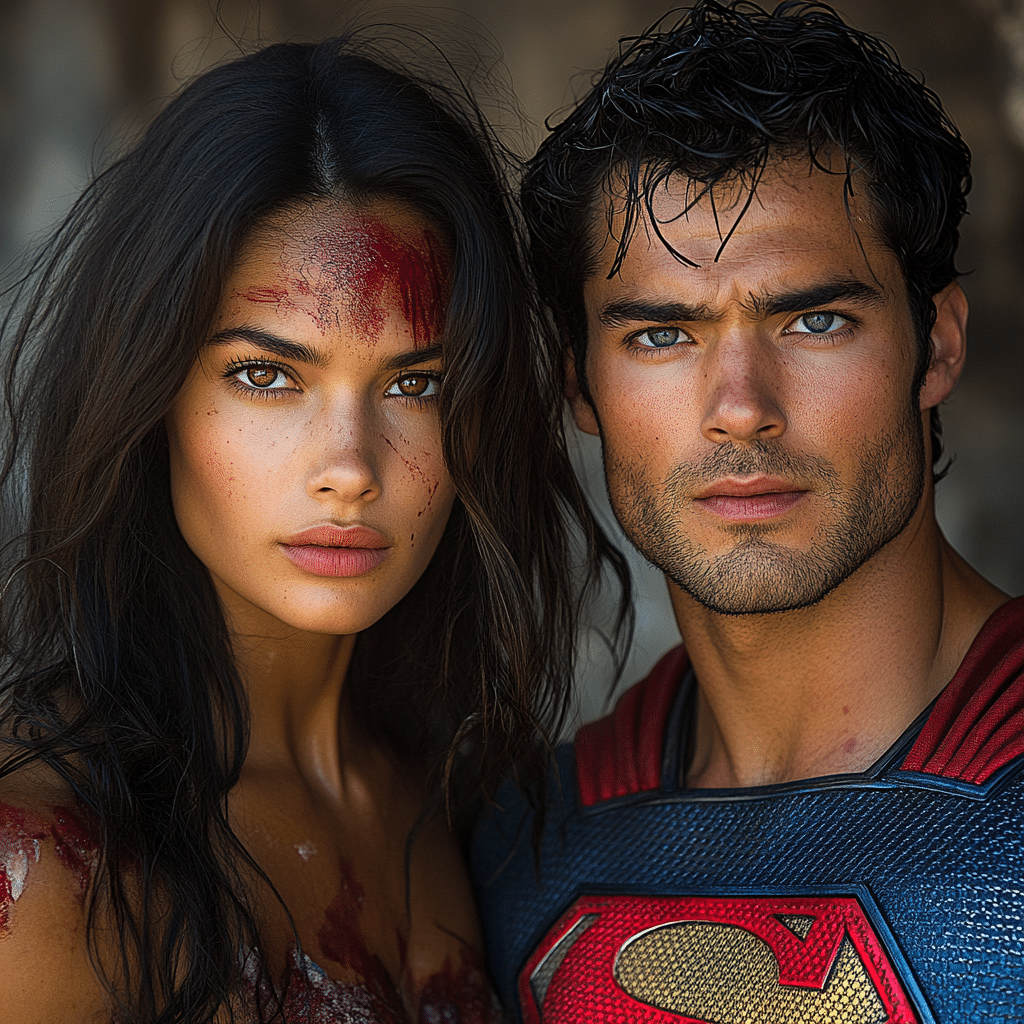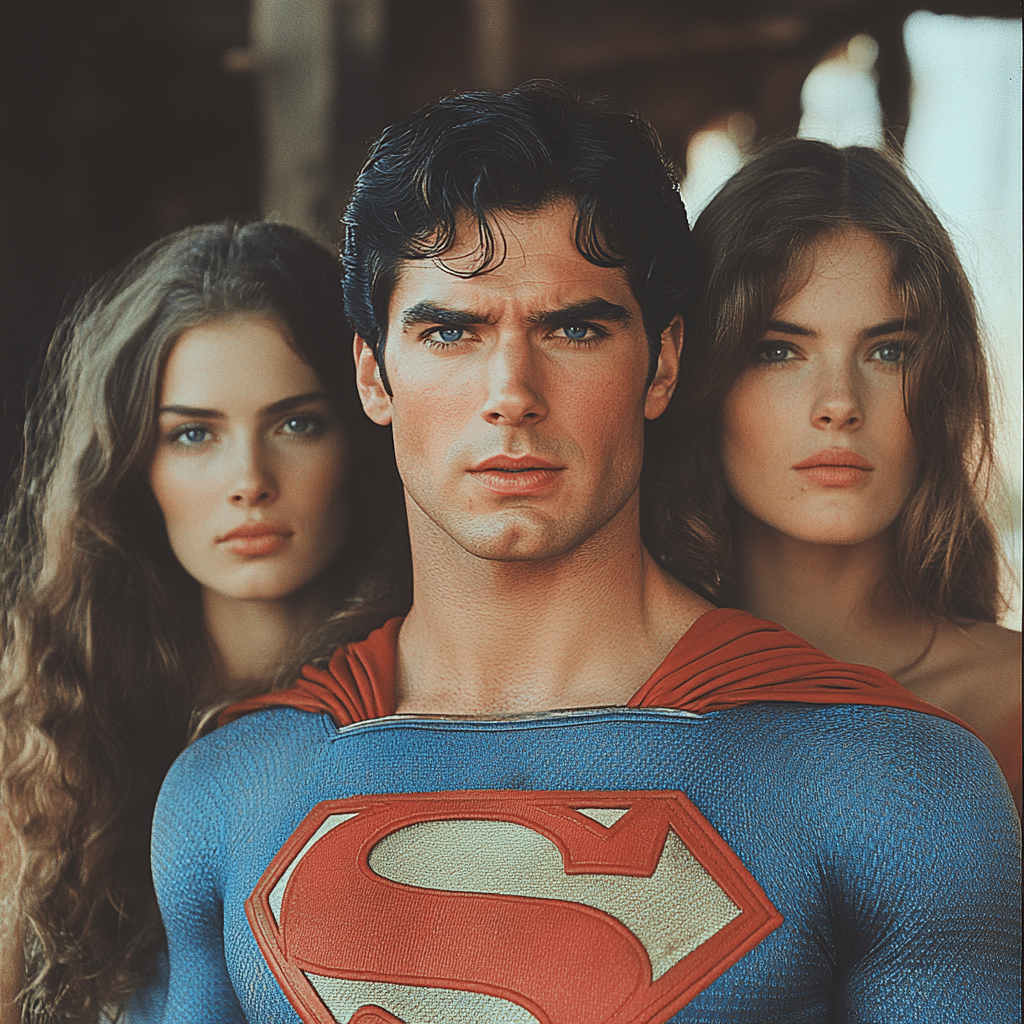Psychological horror movies serve as an intense lens through which audiences confront their deepest fears and insecurities. Unlike traditional horror films that lean heavily on physical threats—think jump scares and monster attacks—these narratives plunge into mental instability, existential dread, and the intricacies of human relationships. They not only offer a spine-tingling experience but also prompt us to reflect on our own emotional landscapes. Buckle up, folks! We’re about to explore seven psychological horror films that disturb viewers while keeping them intrigued with their intricate plots and character arcs.
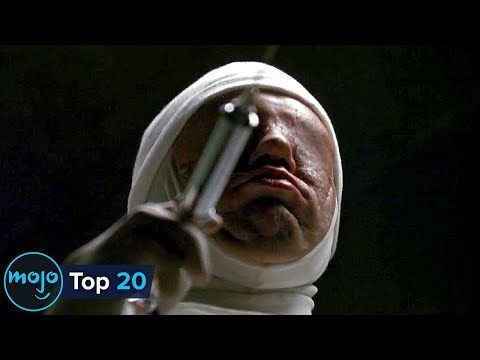
Top 7 Disturbing Yet Fascinating Psychological Horror Movies
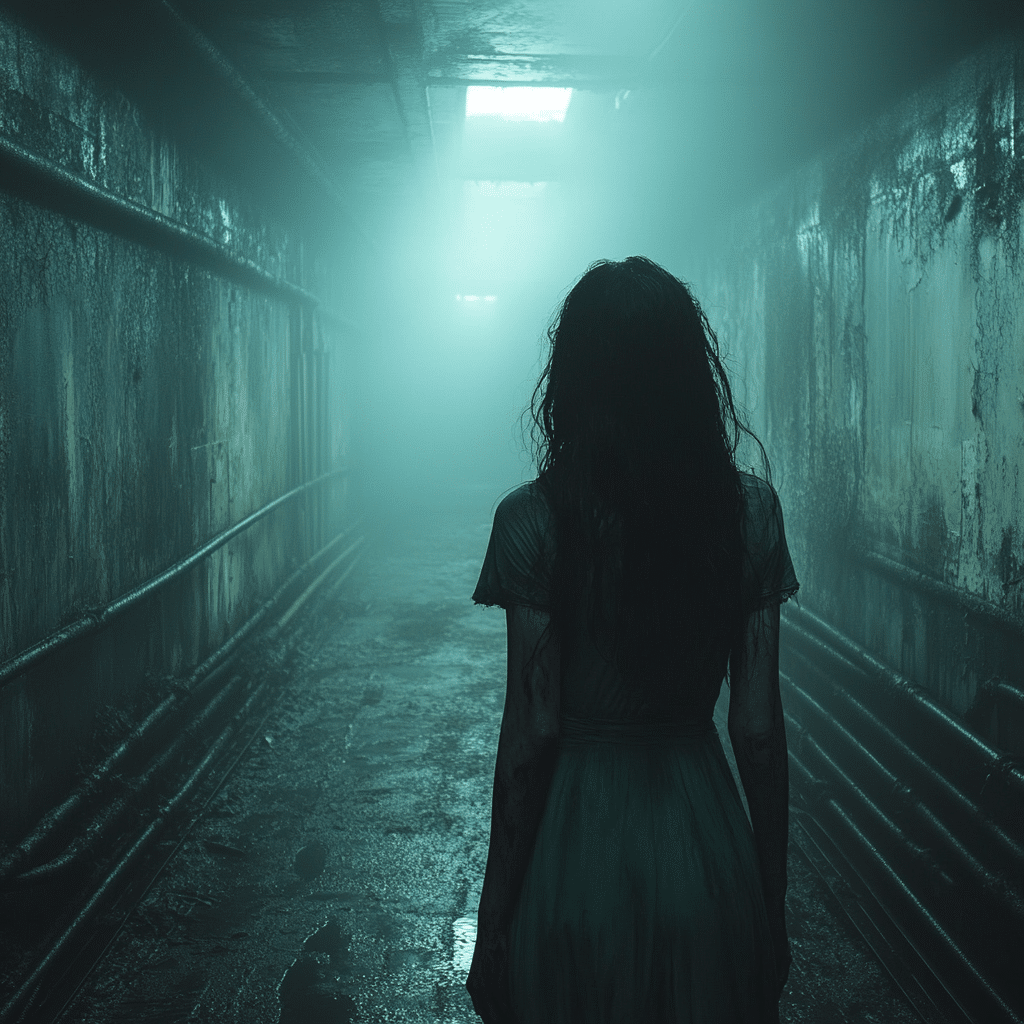
1. Hereditary (2018)
If your idea of family dinner includes Uncle Bob talking about ghost stories, then let me introduce you to Hereditary! This film takes a harrowing look at family trauma, digging deep into the human experience of grief and the dark legacies of mental illness. Ari Aster’s debut not only terrifies with its supernatural components but also sheds light on the psychological burdens we inherit. Toni Collette’s portrayal of Annie is a masterclass in emotional turmoil, deftly balancing maternal love against a chilling familial curse. Audiences leave not just with their hearts racing from fear but also emotionally drained by the weight of its themes.
2. The Babadook (2014)
Speaking of things that go bump in the night, The Babadook hits home with its poignant examination of grief and motherhood. Directed by Jennifer Kent, this story dives into the life of a widow who’s haunted by both the literal creature and her emotional demons. The titular character becomes a symbol for unresolved trauma, demonstrating that our inner monsters can be scarier than any outward threat. As the film unfolds, it showcases the chilling connection between mental health and psychological distress—reminding us that sometimes, the most frightening tales are those that spring from truth.
3. Black Swan (2010)
What’s scarier than a ballet audition? Black Swan combines psychological horror with the cutthroat world of dance movies to reveal the unraveling psyche of Nina Sayers, played brilliantly by Natalie Portman. Under the direction of Darren Aronofsky, the film explores the pressures of perfection, juxtaposing innocence against sexuality. With haunting visuals and spine-chilling sound design, the movie plunges viewers deep into Nina’s internal struggles, leaving us questioning the thin line between ambition and madness. It’s a wild ride fraught with existential dread and a fusion of psychological horror, making it unforgettable.
4. Midsommar (2019)
Ari Aster strikes again! In Midsommar, he cleverly contrasts the vibrant, sun-soaked Swedish landscapes with dark, unsettling pagan rituals. Here, Florence Pugh shines as Dani, whose personal grief gets tangled up in a foreign culture. The film’s slow-burn vibe serves as a metaphor for social disconnection, as Dani finds herself amidst a tight-knit community. But beware—what starts as a beautiful getaway soon devolves into a nightmare. This film exemplifies how tension and psychological horror can thrive even in idyllic settings, revealing how deeply unsettling the human experience can be.
5. Rosemary’s Baby (1968)
You can’t talk about psychological horror without mentioning the classic Rosemary’s Baby. Often hailed as one of the genre’s cornerstones, it critiques gender roles and societal expectations in a way that still resonates. Mia Farrow plays a pregnant woman grappling with manipulation at the hands of her husband and neighbors. The film raises profound questions about autonomy and trust while crafting an unsettling narrative that chills to the bone. Its exploration of paranoia remains horrifyingly relevant, proving the fears lurking within domestic walls can be far scarier than monsters under the bed.
6. Get Out (2017)
If you thought horror movies couldn’t touch on real-world issues, think again! Jordan Peele blends psychological horror with sharp social commentary in Get Out. The film immerses audiences in a nightmarish reality hidden beneath the facade of a seemingly welcoming family. Daniel Kaluuya as Chris uncovers layers of manipulation and exploitation that tap into broader societal fears about race and identity. The nuanced storytelling invites an essential dialogue on real-world issues we often sidestep. Get Out proves psychological horror movies can be both terrifying and thought-provoking—a rare combo that resonates long after the credits roll.
7. The Lighthouse (2019)
Starring the dynamic duo Willem Dafoe and Robert Pattinson, The Lighthouse paints a claustrophobic portrait of isolation and madness. This black-and-white film delves into the lives of two lighthouse keepers who slowly lose their grip on reality. The rugged, harsh setting serves as a perfect backdrop for themes of masculinity, identity, and the fragility of the human mind. As they descend into chaos, audiences are drawn into the depths of their psychological horror— a harrowing reminder that the only thing scarier than the storm is watching your sanity slip away.
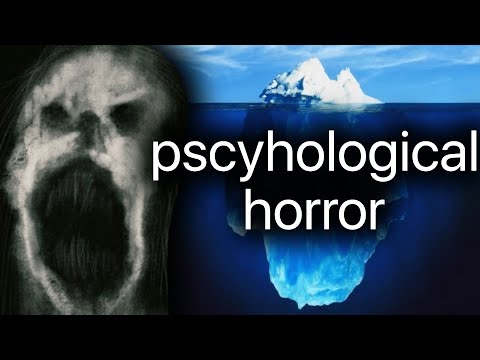
Crafting New Horrors: Blurring Genres with Psychological Themes
As we move into 2024, the interplay between psychological themes and various genres like dance movies and disaster films continues to enrich the narrative landscape. Black Swan, for instance, wonderfully encapsulates how obsession in the competitive ballet world can lead to psychological decay. Similarly, disaster movies like The Road weave in psychological horror elements through the lens of survival, peeling back the layers of human nature when faced with the unknown.
Even space movies aren’t safe from psychological horror! Think about films like Annihilation, where the vast, uncharted territory evokes deep fears of isolation and despair. These narratives delve into the human psyche’s fragility when confronting the great unknown, blending sci-fi with psychological horror in ways that leave audiences questioning their own realities. It’s a reflection of how diverse narrative structures can enhance the emotional impact of horror.
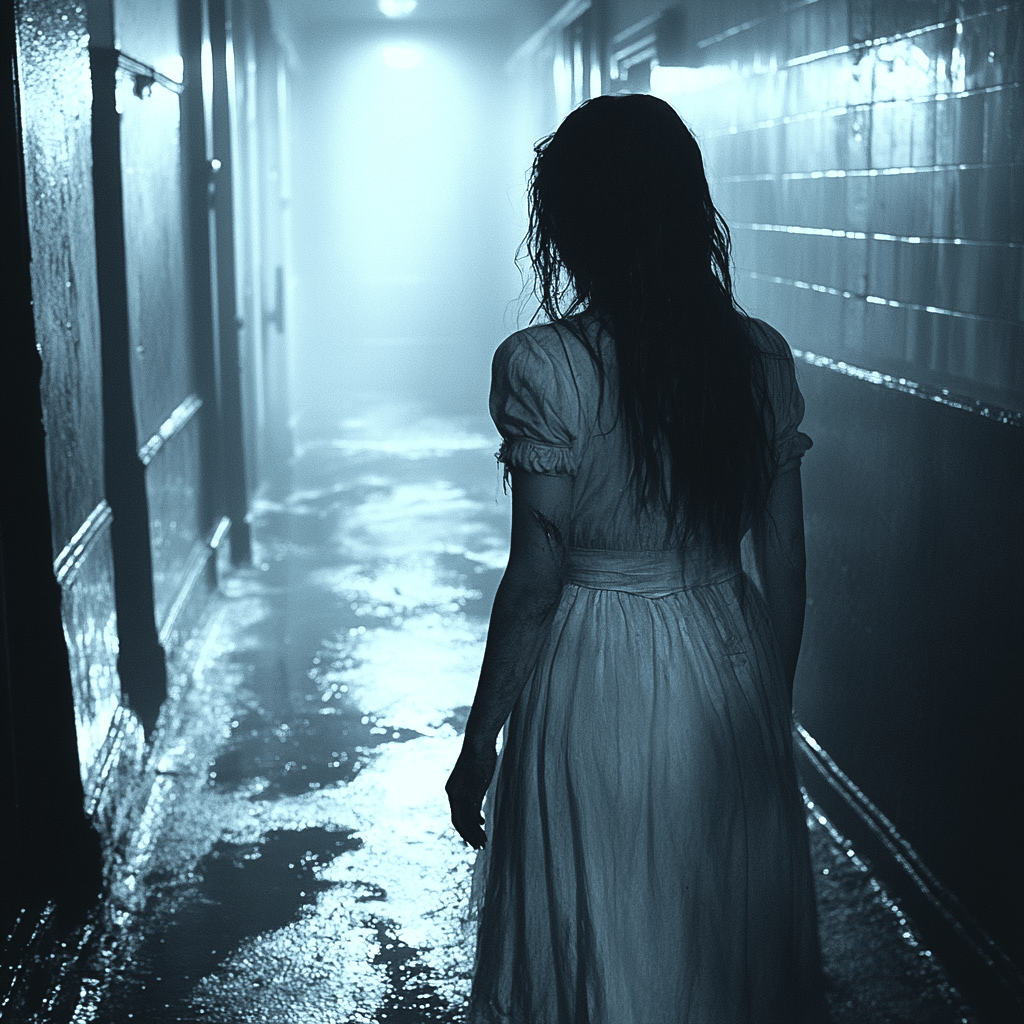
Emerging Trends and Cultivating Insight
Looking ahead, psychological horror films appear poised to tackle modern challenges like digital identity and the impact of social media on mental health. Fresh voices and filmmakers are likely to explore how these current issues shape our perceptions of reality, crafting gripping narratives that balance disturbance with fascination. Whether through psychological thrillers like Cam or horror stories incorporating sociocultural critiques, the genre is about to see some pioneering storytelling.
By engaging with psychological horror movies, audiences can unravel the layers of fear and awareness that resonate with our experiences. These films compel us to confront our darkest thoughts while prompting important reflections on our realities. So grab your popcorn, turn off the lights, and get ready—because psychological horror isn’t just here to scare you; it’s here to make you think, feel, and maybe even cry a little!
And who knows? Maybe you’ll find yourself analyzing Penn Badgley Movies And TV Shows after a late-night binge of carefully crafted horror! Whether you’re gushing over the Act Your Age cast or reminiscing about the My 3 Sons cast, remember: sometimes life mirrors art, and maybe, just maybe, the world of psychological horror is a reflection of our own chaotic adventures.
So, what are you waiting for? Dive into these chilling narratives and embrace the psychological horrors lurking in the shadows!
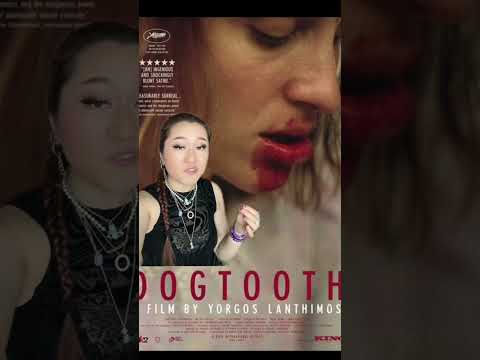
Psychological Horror Movies: Fascinating Facts and Trivia
The Art of Unease
Psychological horror movies carve a niche in cinema that draws viewers in with their unsettling narratives and deep psychological themes. Unlike their gory counterparts, these films delve into the human psyche, exploring fear on an intellectual level. Did you know that the setting can significantly amplify the tension? For instance, iconic scenes sometimes unfold in mundane environments, like an RV toilet, turning everyday life into a source of dread. This contrast can make the horror feel all the more profound, pushing audiences to examine their own fears in familiar contexts.
Iconic Symbols and Imagery
If you’ve ever marveled at the chilling imagery in psychological horror movies, you’re not alone! Symbolism plays a crucial role in these films, often reflecting the inner turmoil of the characters. A notable example is the eerie crow in The Crow: City of Angels, representing loss and despair. This type of symbolism is more than just eye candy; it establishes a connection with viewers, prompting them to reflect on their interpretations long after the credits roll. Similarly, the unsettling notion of isolation is frequently illustrated by characters who wear a striking barbie costume, amplifying their otherness.
Evolving Fame and Fresh Faces
It’s interesting to see how stars are drawn to psychological horror movies. Actors like Joe Alwyn are taking on bold roles, pushing their artistic boundaries and captivating audiences with nuanced performances. Moreover, one should not overlook the intriguing discussions around a potential Daniel Radcliffe Wolverine cameo, merging actors from varying genres and heightening excitement for fans of horror. This cross-pollination of talent keeps psychological horror movies vibrant and unexpectedly captivating, inviting newcomers to contribute to the narrative whirlwind.
In summary, the charm of psychological horror movies lies not just in their spine-chilling plotlines but also in their thoughtful symbols and dynamic performances. They continually resonate with audiences by challenging perceptions and stirring internal reflections, serving as a lens into the depths of fear and desire. The interplay of characters and themes makes every viewing experience unique—each time bringing a new layer of complexity to the forefront, ensuring that viewers leave with something to ponder long after the screen goes dark.
